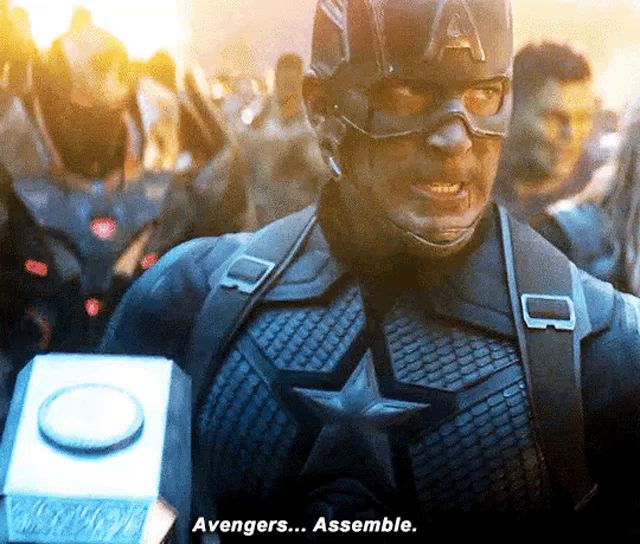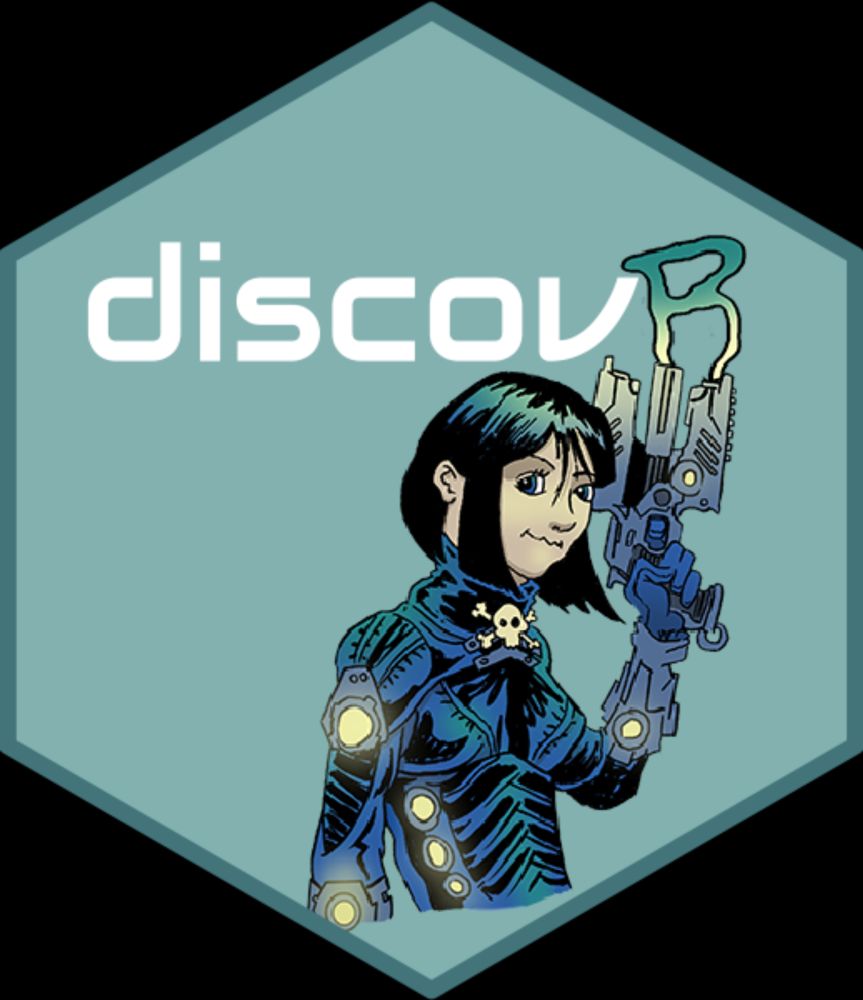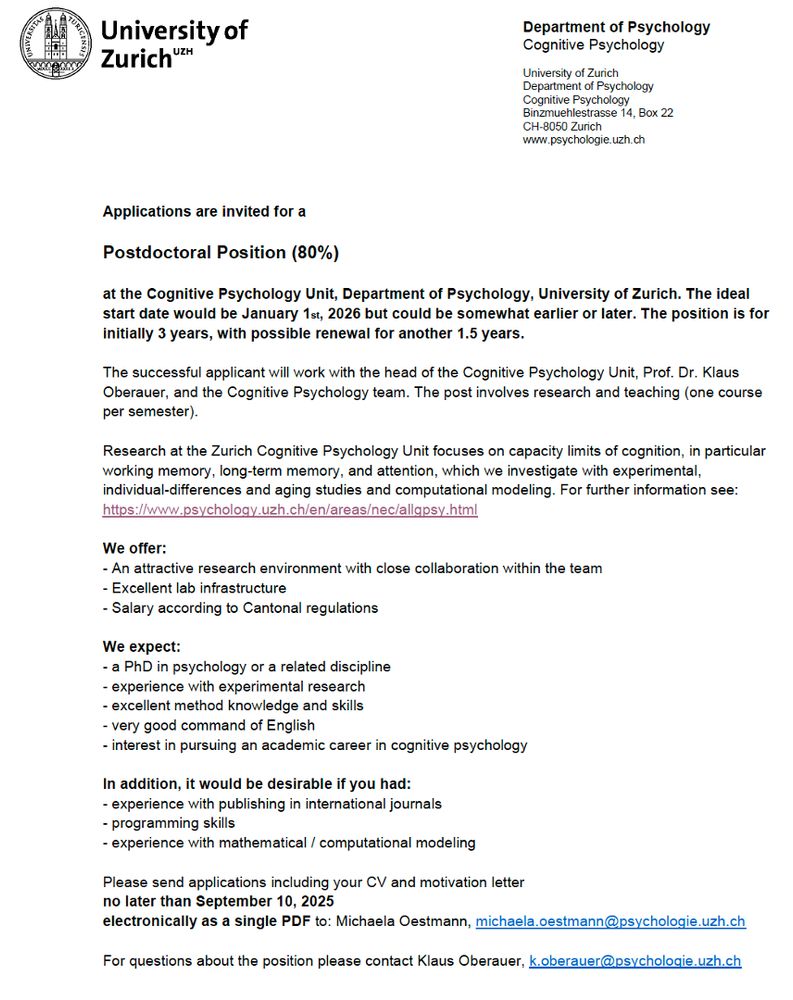Jamie Cockcroft
@jamiecockcroft.bsky.social
420 followers
310 following
21 posts
Postdoctoral Research Associate at the University of York.
Research interests in schema, memory, generalisation, event boundaries, retrieval practice, open science and educational assessment.
He/Him/His.
Posts
Media
Videos
Starter Packs
Reposted by Jamie Cockcroft
Reposted by Jamie Cockcroft
Reposted by Jamie Cockcroft
Reposted by Jamie Cockcroft
Reposted by Jamie Cockcroft
Reposted by Jamie Cockcroft
Reposted by Jamie Cockcroft
Reposted by Jamie Cockcroft
Reposted by Jamie Cockcroft
Reposted by Jamie Cockcroft
Dominika Varga
@dkvarga.bsky.social
· Sep 4
Reposted by Jamie Cockcroft
Aidan Horner
@aidanhorner.bsky.social
· Sep 4
Reposted by Jamie Cockcroft
Matthew Mak
@matthewmakpsy.bsky.social
· Aug 28
Style, Sentiment, and Quality of Undergraduate Writing in the AI Era: A Cross-Sectional and Longitudinal Analysis of 4,820 Authentic Empirical Reports
As generative artificial intelligence (GenAI) becomes widespread in education, its influence on students’ academic practice raises concern. We conducted pre-registered analyses of 4,820 empirical repo...
www.researchsquare.com
Reposted by Jamie Cockcroft
Mariam Aly
@mariamaly.bsky.social
· Aug 25

Hippocampal mismatch signals are based on episodic memories and not schematic knowledge | PNAS
Prediction errors drive learning by signaling mismatches between expectations and
reality, but the neural systems supporting these computations rem...
www.pnas.org
Reposted by Jamie Cockcroft
Reposted by Jamie Cockcroft
Reposted by Jamie Cockcroft
Aidan Horner
@aidanhorner.bsky.social
· Jul 29

A Meta-analytic Review of the Effectiveness of Spacing and Retrieval Practice for Mathematics Learning - Educational Psychology Review
Spaced retrieval practice harnesses two well-studied phenomena: the spacing effect, where spacing out practice over several sessions leads to a gain in retention compared to massed practice in one ses...
link.springer.com
Reposted by Jamie Cockcroft










